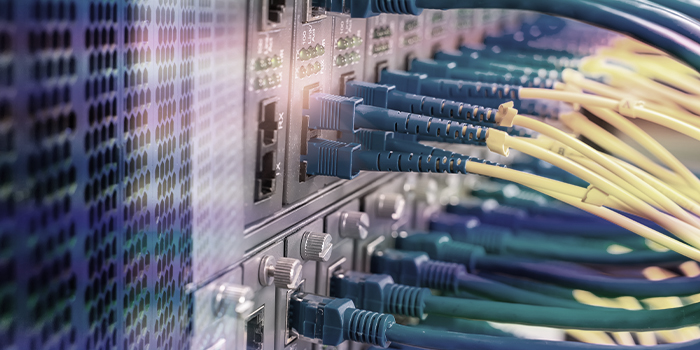
The office of the UAE Minister of State for Artificial Intelligence, Digital Economy and Remote Work Applications signed a Memorandum of Understanding (MoU) on 5 October with US-based multinational technology conglomerate Cisco to expand its Country Digital Acceleration (CDA) programme in the UAE.
The CDA programme was launched in the UAE in 2018 to support digitisation efforts across various key industry sectors, fostering digital skills, and developing the innovation ecosystem in the country to achieve the UAE centennial 2071 vision of digital transformation and sustainable growth.
More than 15 projects have been executed since inception, including the creation of an advanced tele-consultation services platform for a local healthcare provider, an AI-enabled smart classroom project with a leading university, and the first fully functioning physical and digital concept store in the region.
The new MoU aims to enhance work models between public-private partnerships (PPPs) by designing and launching several key initiatives to boost the UAE’s digital transformation. It focuses on digital acceleration for Small and Medium Enterprises (SMEs) in the UAE through technologies that improve competitiveness and efficiency, paving the way for new work environments across key industries such as healthcare, education, and public services.
It also focuses on developing skills and providing national training programmes in the UAE to meet future challenges for a digitally empowered workforce by leveraging the Cisco Networking Academy (NetAcad) programme.
Also, it aims to advance the national digital infrastructure to support foundational services needed for the UAE to accelerate its digital transformation, such as smart cities and cybersecurity roadmaps; Evolved Field Operations by harnessing industry 4.0 technologies to help transform critical national infrastructure by advancing capabilities around network automation, monitoring, control, safety and security; and enhance digital security in the UAE through collaborating with stakeholders at the federal level and across critical national infrastructure.
“Driving collaborations with the private sector is one of the key pillars to execute the UAE’s Strategy’s in developing the digital sector, which aims to double the contribution of the digital economy to the country’s non-oil GDP by 2031 and create a proactive leading future,” said Omar Sultan Al Olama, Minister of State for Artificial Intelligence, Digital Economy, and Remote Work Applications
“To enhance the UAE’s position as a hub for digital economy in the region and globally, we must focus on key areas. These pillars cover harnessing the power of emerging technologies across key industries, fostering digital skills and talents, and embracing innovative approaches in work models in alignment with the prioritisation of wellbeing in the UAE. Our objective is to boost the UAE’s digital journey, which will be driven in such a way that privacy and security come first.”
Sovereign Dubai Corporate Services, About UAE & Market Entry
UAE freezones
